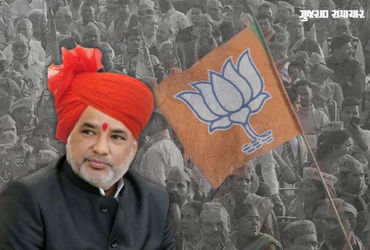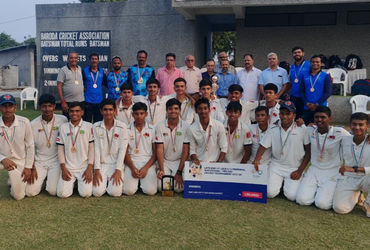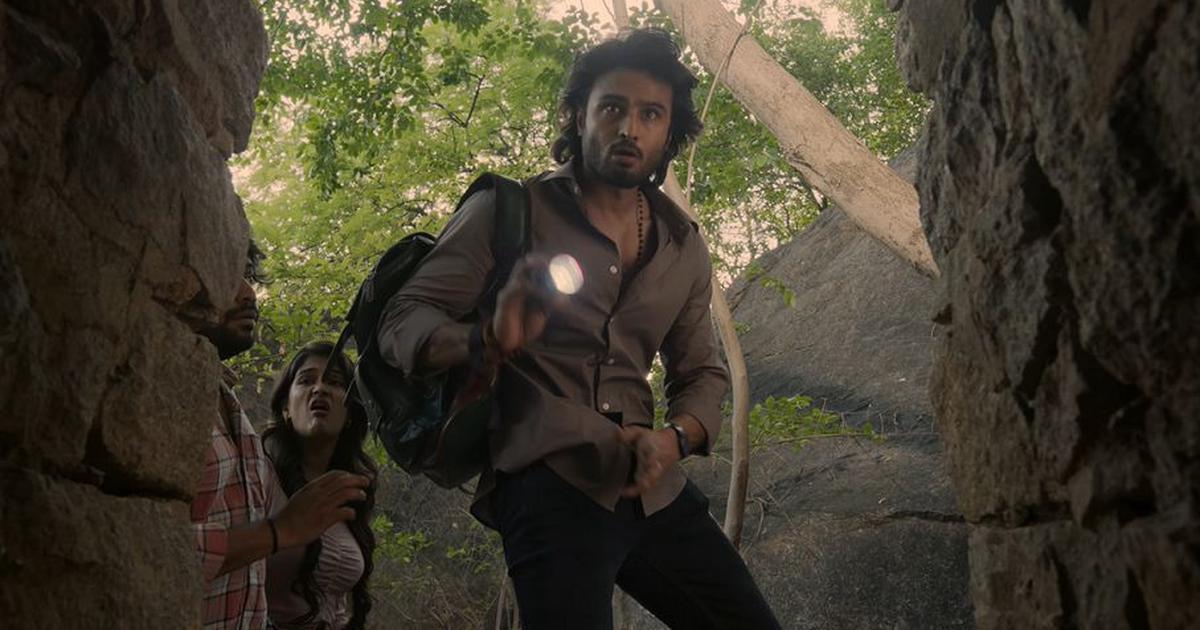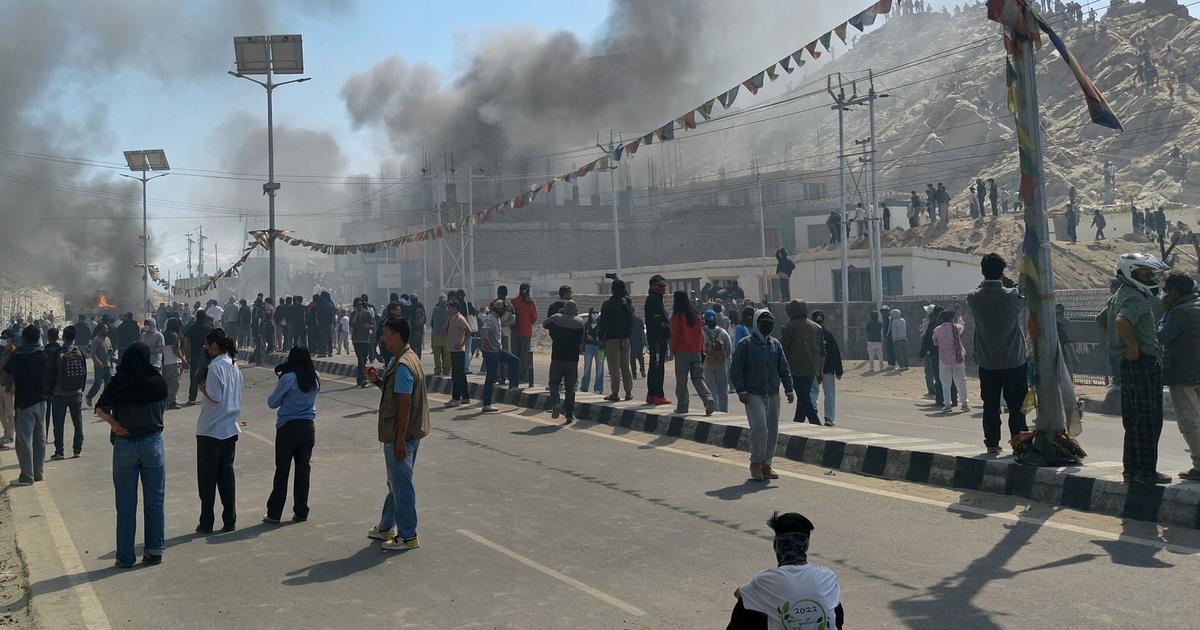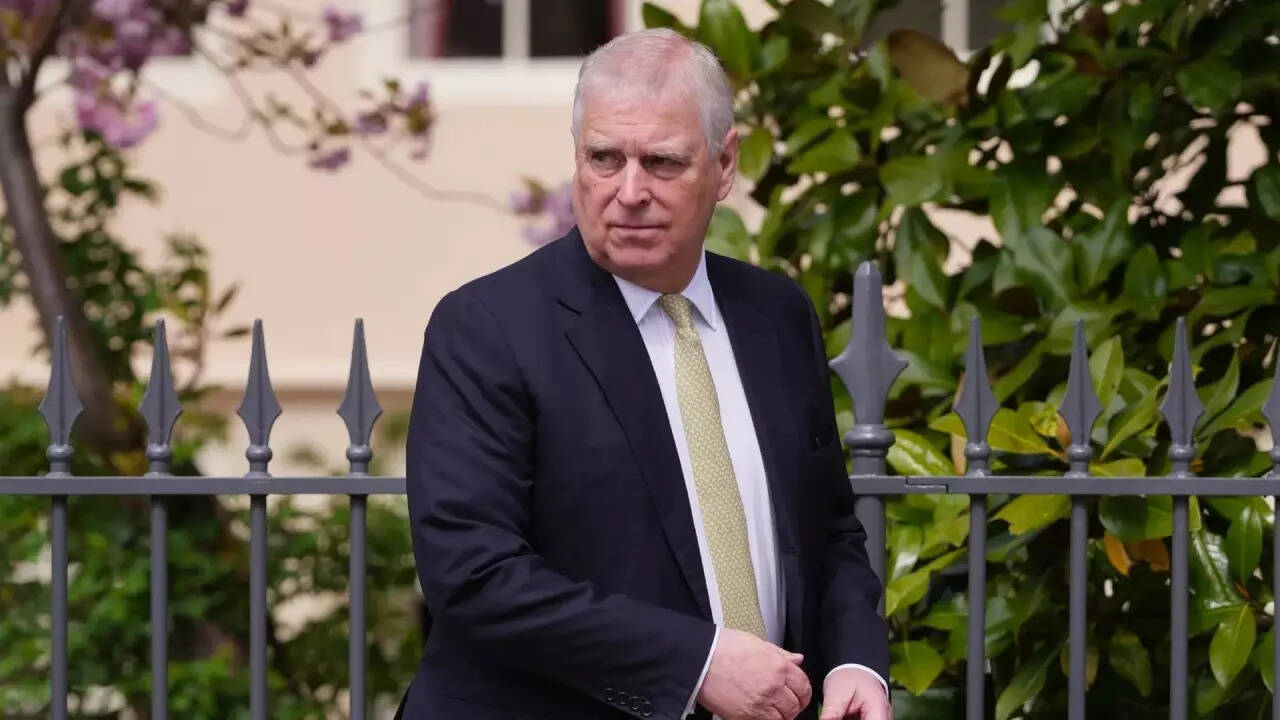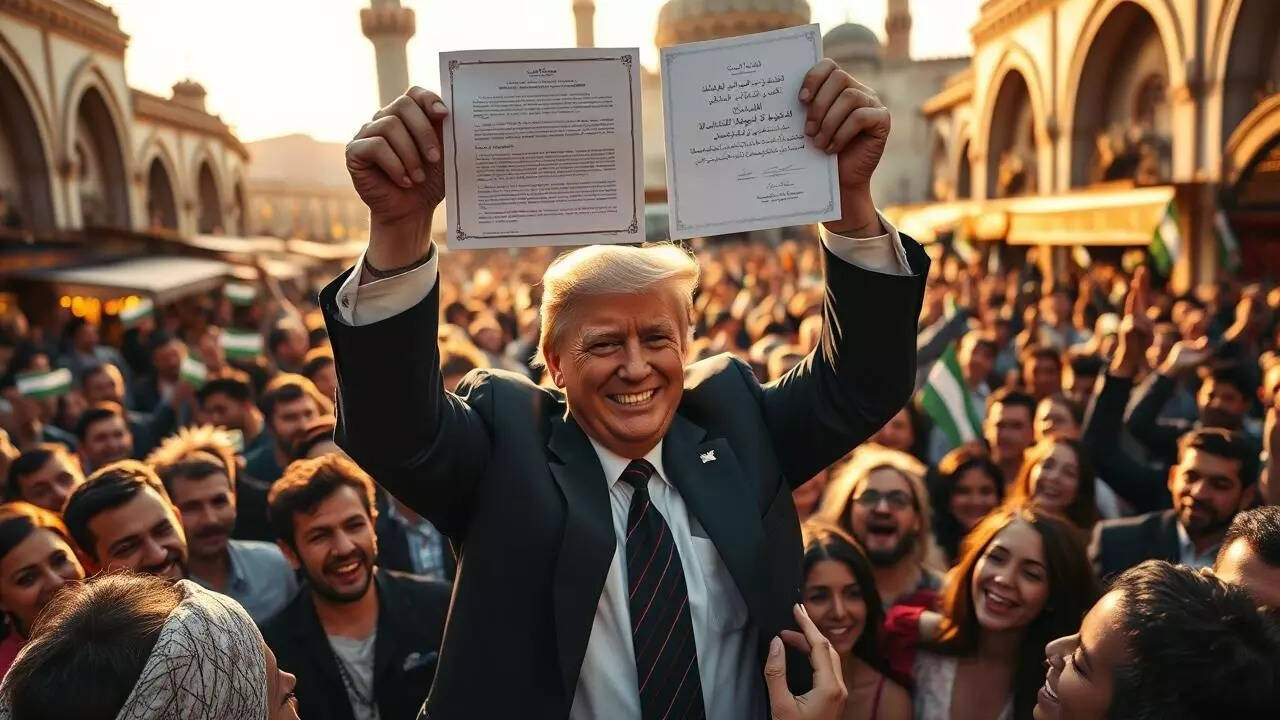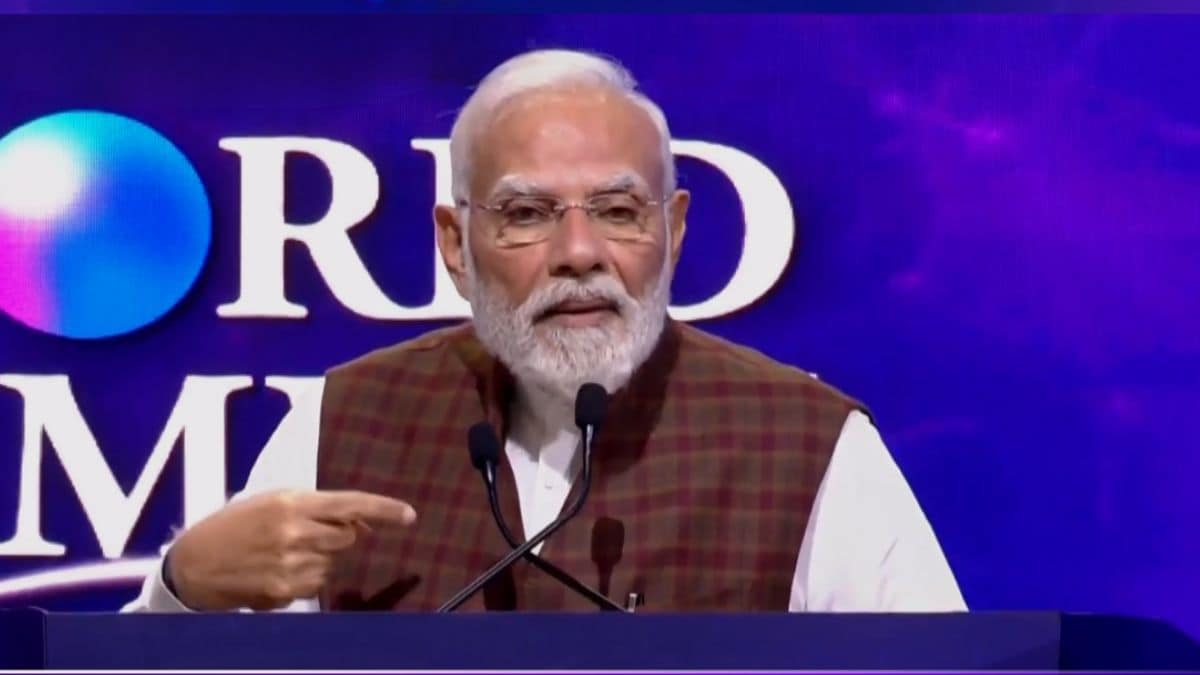In Gulzar’s cinema, estranged lovers, joie de vivre and great songs
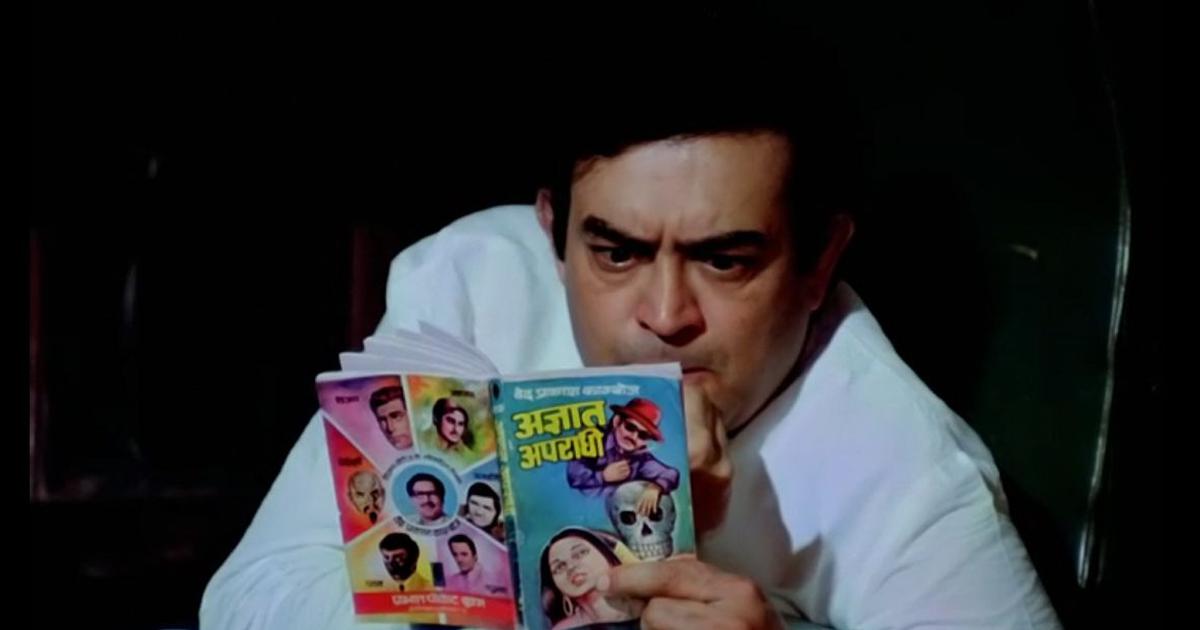
Join our WhatsApp Community to receive travel deals, free stays, and special offers!
- Join Now -
Join our WhatsApp Community to receive travel deals, free stays, and special offers!
- Join Now -

Gulzar’s humanism is evident not just in his poetry, fiction and song lyrics, but also in the 17 movies that he directed. The multi-hyphenate talent, who turned 91 on Monday, focused on interpersonal relationships in several of the 17 features he directed between 1971 and 1999.
A running theme in the films is lovers getting separated only to confront their estrangement or finding closure in later years. Gulzar also exhibits cynicism about the political and mercantile classes in films such as Mere Apne, Maachis and Hu Tu Tu.
Some movies – Parichay, Kitaab and Meera – express anti-authoritarianism, which co-exist with mild conservatism towards female characters.
Mere Apne (1971)
Tapan Sinha’s Apanjan (1968) was among the first Bengali films to took at urban violence caused by street gangs patronised by politicians. Apanjan follows an elderly woman who is brought from the village to the city by a relative to be used as an unpaid nanny. She finds kinship with a group of young men belonging to rival factions.
Gulzar made his feature debut with a Hindi remake of Apanjan. Mere Apne features strong performances by Meena Kumari, Vinod Khanna and Shatrughan Sinha.
Koshish (1972)
A remake of the Japanese film Happiness of Us Alone (1961), Koshish is about the mute Hari (Sanjeev Kumar) and the deaf Aarti (Jaya Bachchan), who fall...
Read more
What's Your Reaction?
 Like
0
Like
0
 Dislike
0
Dislike
0
 Love
0
Love
0
 Funny
0
Funny
0
 Angry
0
Angry
0
 Sad
0
Sad
0
 Wow
0
Wow
0
